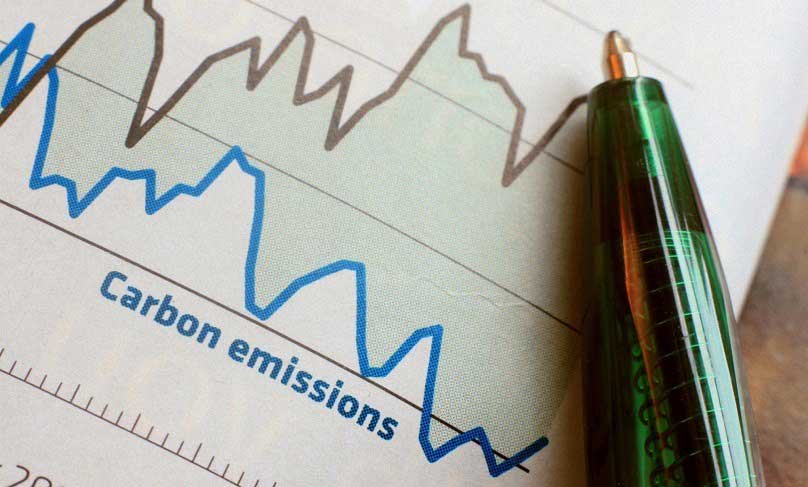29 June 2020
According to provisional data published by the European Environment Agency (EEA), average CO2 emissions from new passenger cars registered in the EU, Iceland, Norway and the UK increased in 2019 for the third year in a row.
Emissions levels increased by 1.6 grams of CO2 per kilometre, reaching a total of 122.4g of CO2/km. This remains below the target of 130g CO2/km that applied until 2019 but well above the EU target of 95g CO2/km that is now in play.
The EEA recorded a steady decline in new passenger-car emissions of almost 22g of CO2/km, from 2010 to 2016. However, average emissions increased by 0.4g CO2/km in 2017 and by 2.3 g CO2/km in 2018, reaching 120.8g CO2/km, 7% below the 130g CO2/km target.
SUVs vs EVs
According to the EEA, the growing share of the sport-utility vehicle (SUV) segment, as well as the slow market penetration of electric vehicles (EVs) are responsible for 2018’s and 2019’s CO2 increases.
Some 38% of new-car registrations were SUVs in 2019. Compared with other cars in the same segment, these cars are typically heavier, feature more powerful engines and boast larger front ends. However, all of these features combined can dramatically impact fuel consumption. The majority of the new SUVs registered were powered by petrol, with average emissions of 134g CO2/km, which is around 13g CO2/km higher than those of other new petrol cars.
‘The EU must stop this maximising of profits at the cost of public health and the planet by bringing in annual or bi-annual emissions targets,’ said Julia Poliscanova, senior director for clean vehicles at T&E. ‘That way carmakers will bring the zero-emissions cars they have developed to the forecourt quicker.’
Meanwhile, the sales of plug-in-hybrid electric vehicles (PHEVs) and battery-electric vehicles (BEVs) continued to increase to about 3.5%, compared with the 2% growth in 2018. Roughly half of the BEVs were registered in Norway, Germany and the Netherlands.
The combined shares of PHEV and BEV registrations were highest in Norway at 56%, Iceland at 19%, the Netherlands at 16% and Sweden at 12%. These were also some of the few countries where the average emissions of new cars decreased from 2018 to 2019.
Petrol vs diesel
In total, roughly 15.5 million new cars were registered last year in the EU, Iceland, Norway and the UK. Petrol-powered models dominated with 59% of all new registrations, increasing to 63% when including hybrid-electric vehicles (HEVs).
Diesel-powered models accounted for 31% of new registrations (32% including HEV), marking a decrease of 4% from 2018, and 23% from 2011 when diesel cars peaked with a 55% share. The EEA revealed that on average, diesel car’s CO2 emissions (127g CO2/km) are now very close to those of petrol cars (127.6g CO2/km). The difference of 0.6g CO2/km was the lowest observed since the beginning of the EEA’s monitoring.

 Schließen
Schließen